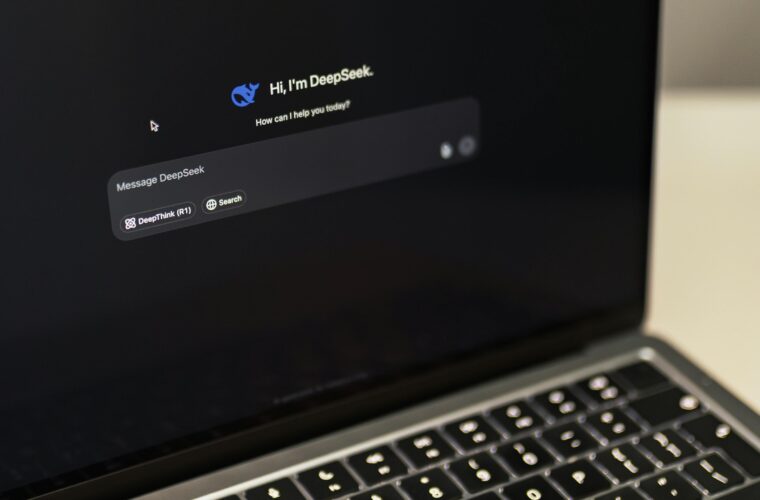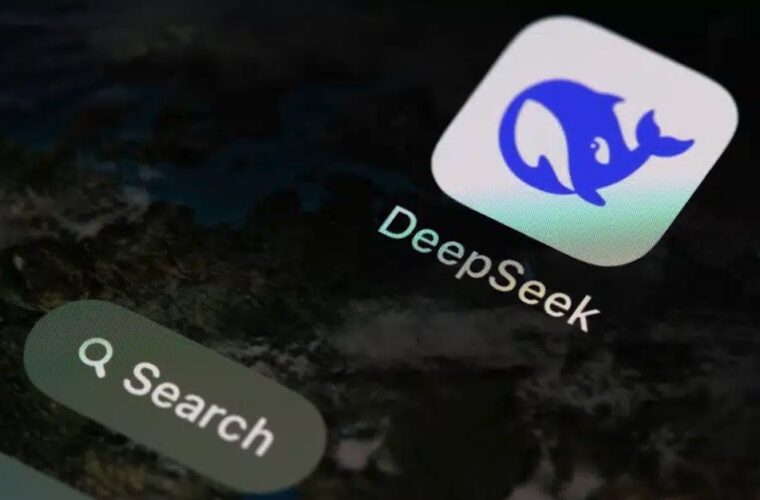Another strong competitor in the competitive game of AI tools is the new Chinese AI firm DeepSeek. It became very popular very quickly; within a week of its release, it topped the app store charts in the US, which has not only shaken up markets but also started a firestorm of arguments about data privacy and security. But along DeepSeek’s launch, with that came a flood of questions from users such as: Where does the training data come from? How is user data processed? What does this all mean for world data governance?
The enigmatic origins of DeepSeek’s training data
The quick development of DeepSeek has raised questions about where its training data comes from. Although the business bills itself as an open-source model and makes some of its outputs available to the public, the complete transparency of the training data and code that underlie it is still unknown. The lack of clarity has raised questions about whether its AI was created with data that was collected legally and ethically.
One of the more grave accusations is made by OpenAI, which believes DeepSeek may have trained its chatbot using ChatGPT outputs, a technique called “distillation.” Since AI models trained on other systems’ copyrighted works may result in intellectual property disputes, this presents challenging legal and ethical issues. AI companies have to deal with a legal grey area where security procedures are unable to keep up with the technology due to the lack of tangible tools to verify such claims.
Data storage and privacy concerns
As concerns over training data increase, DeepSeek’s data storage practices have also come under the microscope. According to different reports, servers in China keep user data, including conversation histories and private information. This has alarmed lawmakers and regulatory entities, given China’s strict data laws that could allow government authorities access to this information.
The Italian privacy regulator, Garante per la Protezione dei Dati Personali (GPDP), has taken proactive measures, demanding clarity from DeepSeek regarding its data processing activities. Authorities are particularly interested in identifying what kind of personal data is being collected, where it originates from, and for what purposes it is being used. One of the key concerns is whether DeepSeek’s data storage in China makes it subject to regulations that could force it to share information with the government, a risk that could have serious implications for users worldwide.

Security vulnerabilities and data breaches of DeepSeek
Along with privacy issues, DeepSeek has come under fire for its security setup. Wiz cybersecurity researchers found an unsecured database connected to DeepSeek that was open to the public without authentication. A huge amount of sensitive data, such as system logs, API secrets, backend operational data, and user conversation histories, was stored in the database.
Such data exposure exposes users to potential cyber threats in addition to compromising their privacy. Unauthorized access to this data may result in service interruptions, data manipulation, or, worse, massive cyberattacks. The event highlights how important strong security procedures are for AI platforms that manage enormous volumes of personal data, even if DeepSeek moved swiftly to protect the database after being alerted.
Global effects and regulatory reactions
Global regulators are responding to DeepSeek’s data handling practices. As a result of DeepSeek’s app not following South Korea’s Personal Information Protection Commission (PIPC) rules, no new downloads were allowed. Additionally, the chatbot has been restricted by Italy’s GPDP until the company clarifies its data-handling procedures.
These measures reflect the growing concern around the world about AI platforms that come from countries with disparate data governance laws. The problems are not just about where to store data; they also include the bigger risks of misuse, illegal access, and the political effects of data flows. AI companies are now under growing pressure to comply with more forced international privacy and security laws as they continue to grow globally.
The situation at DeepSeek serves as a sobering reminder of the difficulties AI firms encounter in striking a balance between innovation and accountability. There is a greater need than ever for ethical AI training, openness in data acquisition, and effective security measures. Businesses like DeepSeek will have to choose between putting compliance and trust first or risking upsetting the very markets they are trying to reach as users and regulators demand stricter protections.



